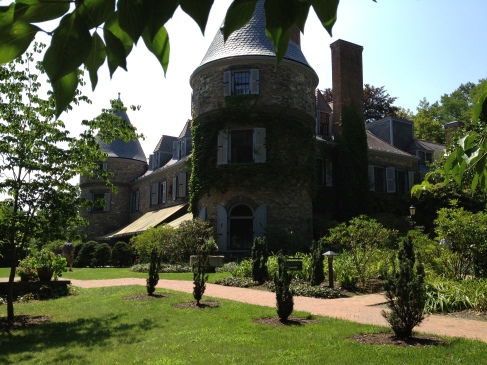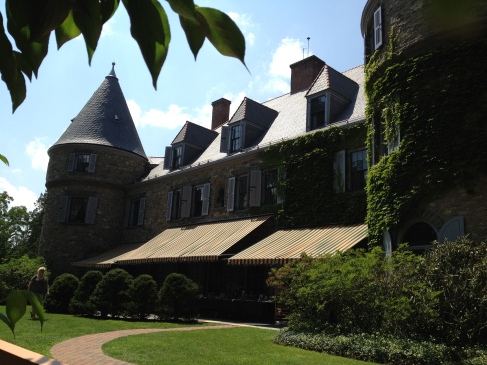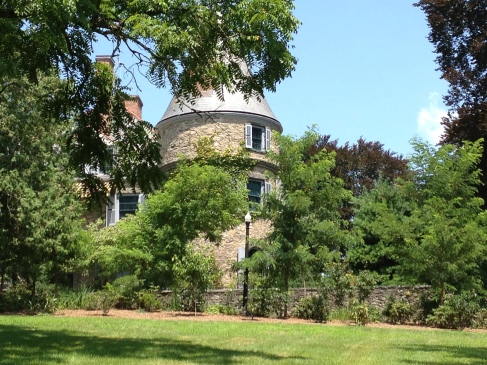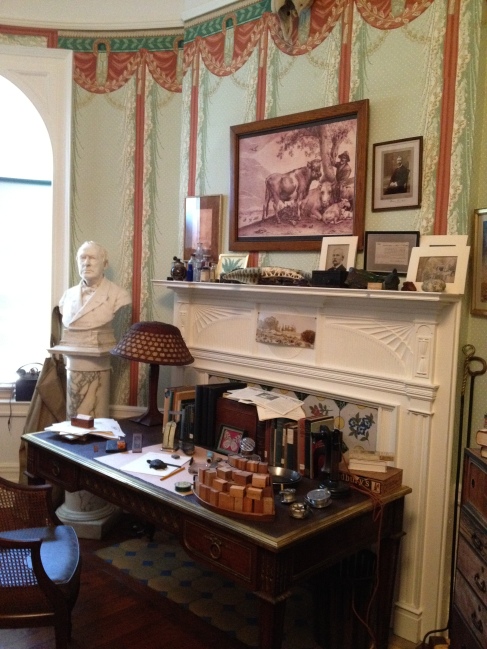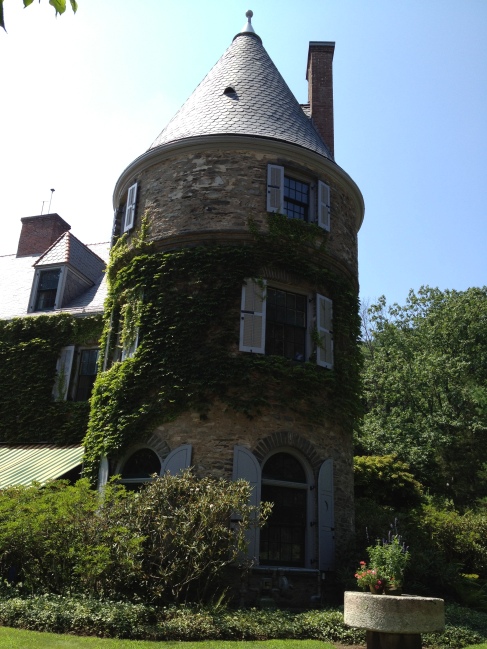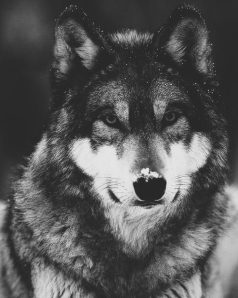“In wilderness time mixes with eternity, and that is one of the reasons we value it so highly.” -Holmes Rolston III
Wilderness was once viewed as a terrible place, full of danger and evil creatures. Today, people are paying extravagant amounts of money to throw themselves into the heart of it. In a new brand of vacation experience, known as eco-tourism. There are many reasons that eco-tourism has been a project for modern environmentalists for years, the first of which is to generate a love, understanding and appreciation for nature. Also, it can be a source of revenue for both environmental causes and small town economies that host the ecotourists. This type of tourism is beneficial in many ways, but not all aspects of it are positive. The impact of taking large groups of people into areas that haven’t seen people can be detrimental. Not only do these natural tourist attractions need to have a place for people to stay and eat, they mean more pollution and litter as well. When a place like South Africa or Costa Rica starts taking on droves of tourists they need to construct more shelters and amenities. This can cause forests, farms and natural sights to be destroyed for the sake of hotels. The small economic bump caused by the tourism is a hard justification for all that is being destroyed. Also, when nature receives an influx of human activity that its never had before means that there will also be a great amount of litter and pollution. Though people are coming to wilderness because they love it, as Roderick Nash said “we may be loving wilderness to death.”
This is the website for The International Ecotourism Society:
